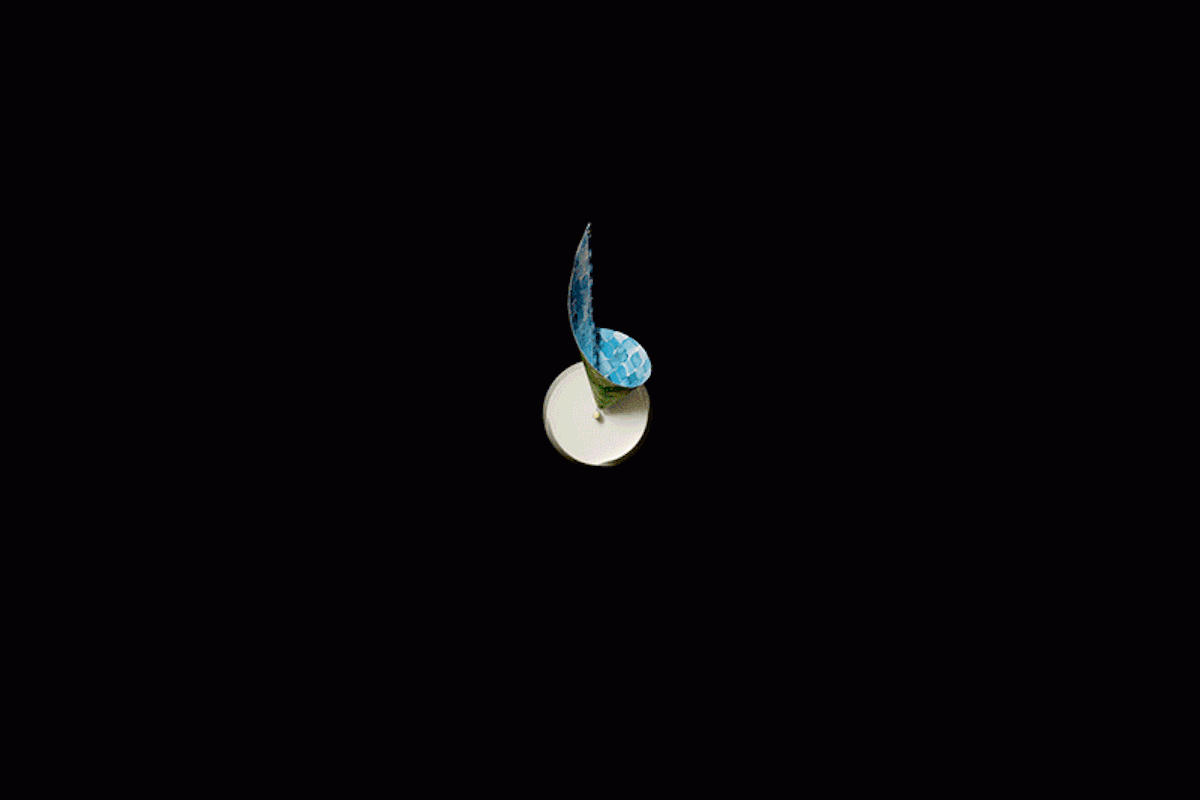The year 1969 was a pivot point in culture, science and technology. On Jan. 30, the Beatles played their last show. On July 20, the world watched in awe as Neil Armstrong and Edwin “Buzz” Aldrin become the first humans to walk on the moon. Less than a month later, nearly half a million music fans overran a muddy field near Woodstock, New York, for what Rolling Stone calls the “greatest rock festival ever.”
But the 1969 event that had the greatest global impact on future generations occurred with little fanfare on Oct. 29, when a team of UCLA graduate students led by professor Leonard Kleinrock connected computer-to-computer with a team at the Stanford Research Institute. It was the first host-to-host communication of ARPANET, the early packet-switching network that was the precursor to today’s multibillion-host internet.
Heading into the network’s 50th anniversary, Pew Research Center and Elon University’s Imagining the Internet Center asked hundreds of technology experts, including Kleinrock and fellow internet pioneers, how individuals’ lives might be affected by the evolution of the internet over the next 50 years.
Themes about the next 50 years of life online
Humanity’s responsibility
Digital life will continue to be what people make of it. For a better future, humans must make responsible decisions about their partnership with technology.
Public policy and regulation
The age of a mostly unregulated internet will come to an end. Elected officials and technology leaders will move ahead with regulatory frameworks aimed at protecting the public good. The lawless alternative has caused dangerous disruptions across society.
Internet of everything
In 50 years, internet use will be nearly as pervasive and necessary as oxygen. Seamless connectivity will be the norm, and it may be impossible to unplug.
Visions of the future
From amazing advancements to dystopian developments, experts imagine a wide array of possible scenarios for the world 50 years in the future.
Living longer and feeling better
Internet-enabled technology will help people live longer and healthier lives. Scientific advances will continue to blur the line between human and machine.
Less work, more leisure
Artificial Intelligence (AI) tools will take over repetitive, unsafe and physically taxing labor, leaving humans with more time for leisure.
Individualized experiences
Digital life will be tailored to each user.
Collaboration and community
A fully networked world will enhance opportunities for global collaboration, cooperation and community development, unhindered by distance, language or time.
Power by the people
Expanded internet access could lead to further disruption of existing social and political power structures, potentially reducing inequality and empowering individuals.
Widening divides
The divide between haves and have-nots will grow as a privileged few hoard the economic, health and educational benefits of digital expansion.
Internet-enabled oppression
A powerful elite will control the internet and use it to monitor and manipulate, while providing entertainment that keeps the masses distracted and complacent.
Connected and alone
The hyperconnected future will be populated by isolated users unable to form and maintain unmediated human relationships.
The end of privacy
Personal privacy will be an archaic, outdated concept, as humans willingly trade discretion for improved healthcare, entertainment opportunities and promises of security.
Misallocated trust
Digital life lays you bare. It can inspire a loss of trust, often earns too much trust and regularly requires that you take the plunge even though you have absolutely no trust.
“There is no planet B”
The future of humanity is inextricably connected to the future of the natural world. Without drastic measures to reduce environmental degradation, the very existence of human life in 50 years is in question.
In 2069 the ‘new normal’ will be …
If the future is to change as dramatically and rapidly as many of the survey respondents believe, the world will see seismic shifts in norms and in what might be considered “normal” life.
